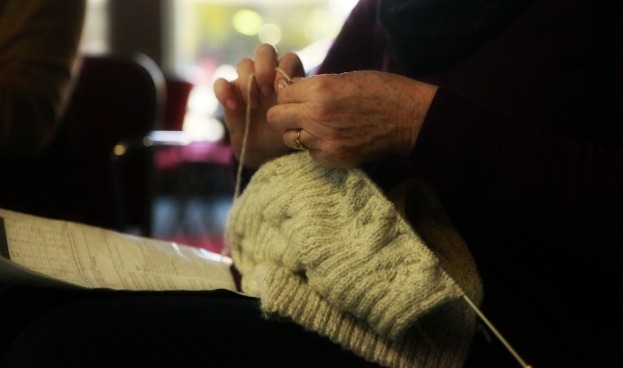Tim Wu's excellent opinion piece last fall in The New York Times, "In Praise of Mediocrity," has stuck with me because he talks about why people don't have a hobby — and I am one of those people. (Of course, I do for a living what a lot of people do in their leisure time: go to movies and read books.) Wu is a law professor and the author of The Attention Merchants: The Epic Scramble to Get Inside Our Heads.
Whereas in the past people enriched their lives with hobbies, many today are working long hours or more than one job and just don't have any free time. A second reason for the diminishment of hobbies is "the intensely public, performative age we live in where." We are afraid of being bad at our hobbies! Wu writes:
"If you’re a jogger, it is no longer enough to cruise around the block; you’re training for the next marathon. If you’re a painter, you are no longer passing a pleasant afternoon, just you, your watercolors and your water lilies; you are trying to land a gallery show or at least garner a respectable social media following. When your identity is linked to your hobby — you’re a yogi, a surfer, a rock climber — you’d better be good at it, or else who are you?"
Wu laments the loss of simple delight that comes from learning something new — "without the burden of excellence or self-judgment." I agree with his prophetic observation that the pursuit of excellence has corrupted the world of leisure. Let's bring back the pleasure that comes from just doing something for its own sake.
The creative theologian Robert Farrar Capon gives us another reason to have a hobby. It is liberating because it is part of the spiritual practice of play. It's a way to connect with the Great Creator.
A true hobby is the achievement through play of something very close to the Creator's delight.
— Robert Farrar Capon

 Why People Don't Have Hobbies
Why People Don't Have Hobbies